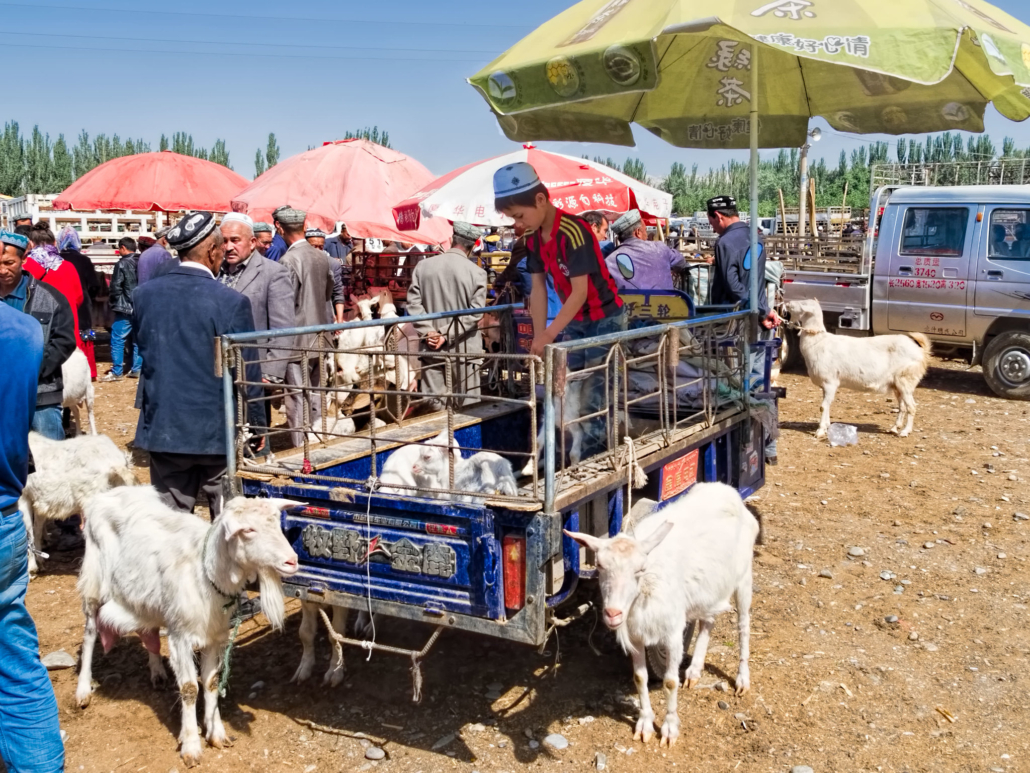Being Poor in Kazakhstan

While many may associate Kazakhstan with “Borat,” the country could not be further from the way the film presents it or from Sacha Baron Cohen’s depiction of a citizen of the young nation that is Central Asia’s largest country – spanning a distance equivalent to London to Istanbul. While poverty may often go overlooked in the country, as it stands tall – the wealthiest nation in the region with a booming economy, many Kazakh families struggle with access to necessities and 15.5% of residents live below the poverty line. Here is an examination of being poor in Kazakhstan.
Kazakhstan’s Social Security System
In Kazakhstan, the government program Target Social Assistance (TSA) is the main line of defense in aiding to lift people out of poverty. However, residents still struggle to navigate life with the social security program, as it only covers a portion of families’ basic needs.
The lack of sufficient support that the social security program of Kazakhstan provides raises concern as Article 9 of the United Nations “International Covenant on Economic, Social and Cultural Rights” recognizes social security as a right everyone should have. Article 22 of the United Nations’ Universal Declaration of Human Rights mirrors Article 9 of the “International Covenant on Economic, Social and Cultural Rights,” stating that everyone has a right to Social Security.
The Director of the Europe & Central Asia Division of the Human Rights Watch, Hugh Williamson, reflects on Kazakhstan’s Target Social Assistance program: “A relatively prosperous country such as Kazakhstan should be able to step up and meet its human rights obligations to ensure that everyone has access to social security that offers an adequate standard of living.”
Alternative Government Assistance
While Kazakhstan’s social security program might not be able to meet the people’s needs, alternative government assistance presents itself as loan forgiveness. President Kassym-Jomart Tokayev has also started loan forgiveness for over “3 of 18 million.”
Aside from the Kazakh government’s support, NGOs like Niyet, established in 2017, provide increased support for children who face various challenges with being poor in Kazakhstan whether it be that they are orphans or they meet the poverty threshold by raising funds to provide financial assistance. These funds are redistributed in the form of a certificate that may be used to buy basic necessities including food and other items that children may make use of. Over a three-year period, Niyet has raised 406 Million Kazakh Tenge.
Outlook
This action from Kazakhstan’s President, along with Kazakhstan’s involvement in China’s Belt and Road Initiative (BRI), the World Bank Reports, is projected to increase the country’s GDP, though recognizes that the impact of the GDP growth won’t affect all regions to the same extent, which will still leave inquiry across the country.
Additionally, in a different report, the World Bank projects that Kazakhstan is to undergo “moderate growth” with an increase in GDP in 2024 of 4%. However, the projections face risk due to the conflict in Ukraine and Russia lying as the gatekeeper between Kazakhstan and the West.
While poverty is still a serious and pressing issue that Kazakhstan must navigate, Kazakhstan’s economic activities will continue to improve and benefit the country.
– Noah Marshall
Photo: Flickr
